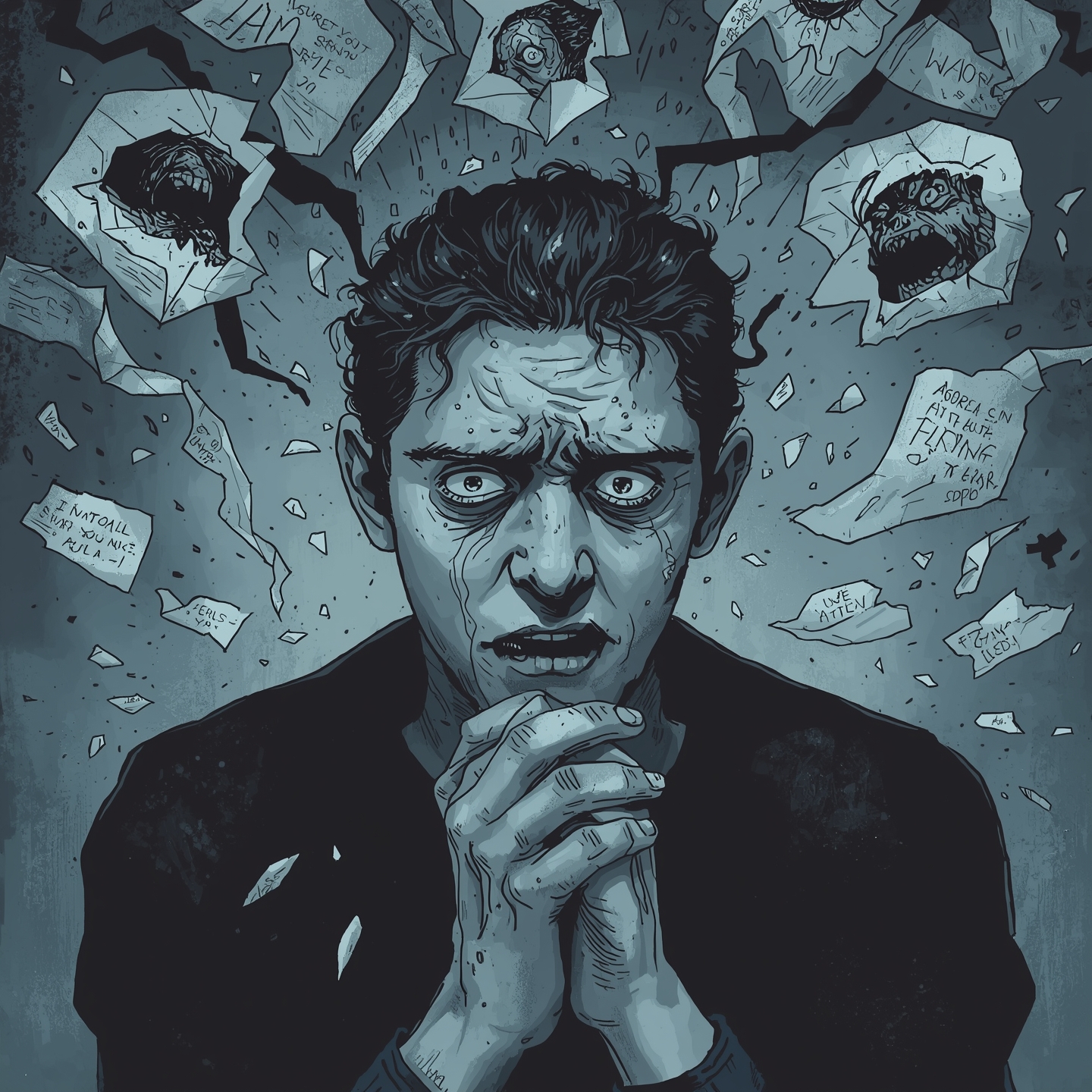Mental Contamination OCD is a mental health conditions often reveal themselves in intricate and emotionally distressing ways. Among the many misunderstood forms of obsessive-compulsive disorder (OCD), mental contamination OCD stands out due to its internal, often invisible struggle. Unlike classic contamination fears related to dirt or germs, this subtype involves a deep-seated fear of being morally contaminated, an intense sense of emotional contamination, and psychological feelings of being unclean without any physical contact. At Emotion of Life, led by OCD Specialist Therapist Shyam Gupta and Pratibha Gupta, we offer a powerful, medication-free pathway to healing this complex OCD manifestation.
Core Symptoms and Emotional Experience
- Intrusive thoughts and shame linked to past experiences or perceived moral failings.
- Avoidance of people, places, or objects associated with emotional discomfort.
- Persistent inner “dirtiness” without a physical trigger.
- Cognitive contamination—distress triggered by thoughts alone.
- Mental “cleanliness” rituals or compulsions (e.g., excessive washing, prayer, mental checking).
- Ongoing self-monitoring for “bad” or impure thoughts.
Mental vs Physical Contamination OCD
Source of Anxiety
Traditional contamination OCD is driven by germs or contact; mental contamination centers on moral corruption, guilt, or emotional “dirtiness” without physical exposure.
Common Manifestations
- Compulsive avoidance of specific people viewed as “tainting.”
- Feeling polluted by seeing, hearing, or remembering certain events.
- Avoidance of emotionally triggering environments.
Psychological Causes and Maintaining Factors
Origins
- Childhood trauma or emotionally abusive relationships.
- Cultural or religious guilt; repeated shame-inducing experiences.
Maintaining Patterns
- Rigid morality and mental purity concerns.
- Magical/odd thinking that intensifies fear of emotional tainting.
Drug-Free Treatment That Works (CBT & ERP)
Cognitive-Behavioral Therapy (CBT)
- Identifies and challenges irrational beliefs about morality and contamination.
- Restructures thoughts driving shame and distress.
- Builds tolerance for emotional discomfort.
Exposure and Response Prevention (ERP)
- Gradual exposure to morally triggering thoughts, memories, or cues.
- Prevents rituals (behavioral or mental) that attempt to restore “purity.”
- Reduces fear of cognitive contamination and perceived impurity over time.
Thematic Counselling & Wellness Training
- Values clarification, self-worth building, and cognitive flexibility.
- Mindfulness and present-moment practices.
Real Client Progress at Emotion of Life
Case 1: Emotional Contamination from Past Abuse
A young woman avoided items touched by an emotionally abusive parent and felt polluted by their presence. Targeted CBT and ERP dismantled these beliefs and ended ritual washing—achieved without psychiatric medication.
Case 2: Mental Contamination After “Sinful” Thoughts
A teenage boy felt compelled to mentally cleanse after intrusive religious thoughts. With CBT for moral OCD and non-avoidance ERP, symptoms decreased significantly and he returned to school with confidence.
Why Our Non-Medicated Approach Succeeds
- Daily therapist involvement and structured assignments.
- Customized exposure hierarchies for individual cognitive vulnerabilities.
- No medication dependence—avoids side effects and withdrawal risks.
- Integrated trauma-informed work addressing early emotional wounds.
- Client empowerment to regain control from compulsions.
Tools and Techniques You Can Start Using
- Journal triggers, emotions, and rituals to spot patterns.
- Practice small, safe exposures (e.g., brief interaction with an avoided cue).
- Identify and question rigid moral assumptions.
- Use mindfulness to notice shame without reacting.
For sustained recovery, a structured therapeutic plan is recommended.
Conclusion: Hope Beyond Medication
Mental contamination OCD can feel like a battle with invisible dirt, but it is treatable. With compassionate, evidence-based guidance from Shyam Gupta and Pratibha Gupta, the Emotion of Life OCD Recovery & Cure Program helps clients achieve long-term recovery without psychiatric drugs—restoring calm, confidence, and freedom to live fully.


